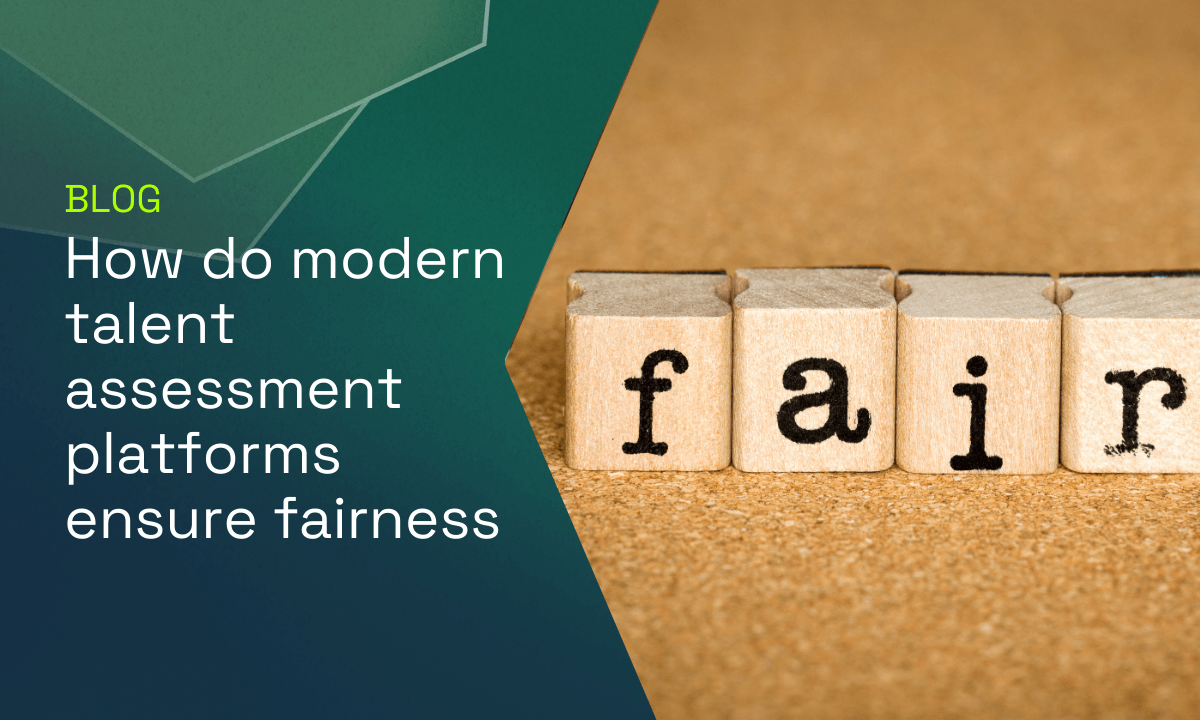Beyond the resume: How personality impacts your earnings
Our personal traits subtly influence the paths we take in our careers, yet their impact on our income often goes unacknowledged. Beyond the skills we acquire and the hard work we put in, the way we interact with colleagues, negotiate opportunities, and navigate workplace challenges can have a measurable effect on our earnings.
More than just skills
We’ve long been told that hard skills and experience drive career success. But think about it—if you’re naturally organized, outgoing, or even a bit anxious, these traits can guide how you handle opportunities and challenges at work. The “Big Five” personality traits—Conscientiousness, Extraversion, Agreeableness, Neuroticism, and Openness to Experience—each play a distinct role in shaping our professional journeys.

The double-edged sword of agreeableness
Take Agreeableness for example. Being kind and cooperative is a fantastic quality that builds strong relationships. But in the workplace, an overly agreeable nature might sometimes work against you. Imagine being in a tough negotiation—if you’re always eager to please, you might settle for less than you deserve. It’s a bit of a paradox: the same warmth that makes you a great teammate might also mean you’re less inclined to assert yourself when it comes to salary or promotions.
Traits that help you climb
On the flip side, traits like Conscientiousness and Extraversion often shine brightly in career success. Conscientious individuals tend to be organized and goal-oriented, which can translate into steady progress and reliability at work. Extraverts, with their natural charm and ease in social situations, often open doors simply by connecting with the right people. These traits can be powerful catalysts for climbing the career ladder, where strategic risk-taking and persistence are rewarded.
The subtle impact of personality on income
It’s not just about being good at your job—it’s also about how you navigate the social and psychological aspects of your workplace. Even small differences in personality can lead to noticeable differences in income. Someone who might naturally shy away from conflict could miss out on negotiating for a raise, while another who embraces a bit of assertiveness might seize opportunities for leadership roles.
The great thing about this perspective is that awareness is the first step. You might not be able to change your core personality overnight, but you can certainly adjust your strategies. If you recognize that your agreeableness might sometimes hold you back, consider practicing negotiation skills or pairing up with a mentor who can help you find that perfect balance between being cooperative and being assertive.
Ultimately, the interplay between personality and income invites us to think about success in a broader way. It’s not just about crunching numbers or honing technical skills; it’s about understanding the subtle human elements that drive our choices and opportunities. This realization can empower us to shape our careers more intentionally, harnessing our natural strengths while working on areas that might be limiting our financial growth.
What do you think—could a slight tweak in how you approach negotiations or networking make a real difference in your earnings? It’s an idea worth pondering as you navigate your own professional journey.





























